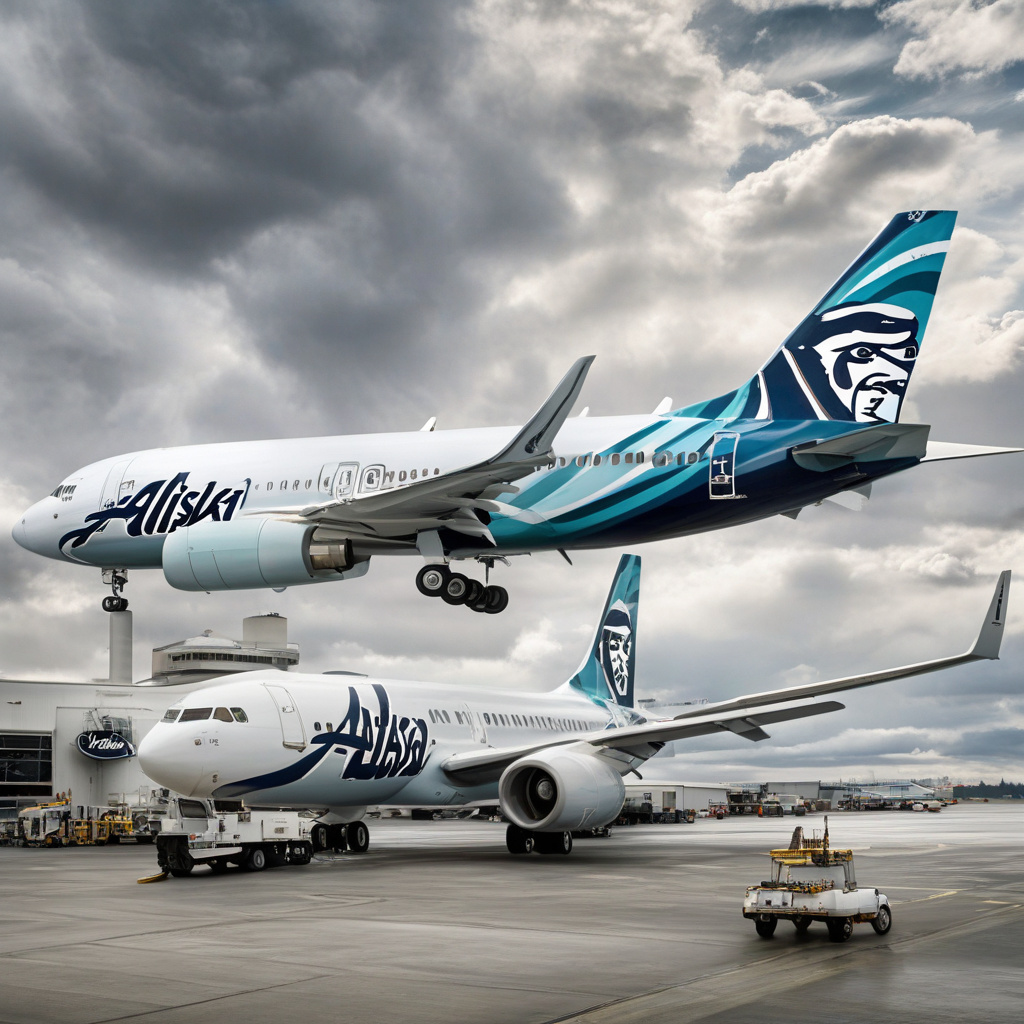Alaska Airlines Grounds Over 200 Flights After Widespread IT System Failure
Alaska Airlines grounded all its flights on Sunday evening following an unspecified IT outage that affected its systems, causing major disruptions to its operations. This incident highlights the critical role of technology in the airline industry and the potential consequences of IT failures in today’s digital world.
The airline, which is known for its reliability and customer service, was forced to cancel over 200 flights as a result of the IT system failure. Passengers were left stranded at airports across the country, facing delays and uncertainty as Alaska Airlines worked to resolve the issue.
In a statement released by the company, Alaska Airlines apologized for the inconvenience caused by the IT outage and assured customers that its team was working diligently to fix the problem. The airline also offered affected passengers the option to rebook their flights or receive a refund for their tickets.
This incident serves as a reminder of the importance of robust IT infrastructure in the aviation industry. Modern airlines rely heavily on technology to operate efficiently, from booking systems and flight planning to baggage handling and passenger check-in. When these systems fail, the ripple effects can be significant, leading to delays, cancellations, and unhappy customers.
In recent years, there have been several high-profile IT outages that have impacted major airlines around the world. These incidents have underscored the need for airlines to invest in technology upgrades and disaster recovery plans to mitigate the risk of system failures and minimize the impact on their operations.
For Alaska Airlines, the IT system failure is a wake-up call to reassess its technology infrastructure and ensure that it is equipped to handle unexpected disruptions in the future. By investing in robust IT systems, implementing backup protocols, and providing staff with proper training, airlines can better prepare themselves for unforeseen events and minimize the impact on their customers.
As the aviation industry continues to rely on technology to deliver seamless travel experiences, incidents like the recent IT outage at Alaska Airlines serve as a stark reminder of the importance of cybersecurity, system reliability, and disaster recovery planning. In today’s interconnected world, where a single IT glitch can ground hundreds of flights and disrupt the travel plans of thousands of passengers, airlines must prioritize the resilience of their technology infrastructure to ensure smooth operations and customer satisfaction.
In conclusion, the recent IT system failure at Alaska Airlines serves as a cautionary tale for the aviation industry, highlighting the critical need for robust technology infrastructure and contingency planning. By learning from this incident and taking proactive steps to strengthen their IT systems, airlines can better protect themselves against future disruptions and deliver the reliable service that passengers expect in today’s digital age.
Alaska Airlines, IT failure, aviation industry, technology infrastructure, passenger experience












